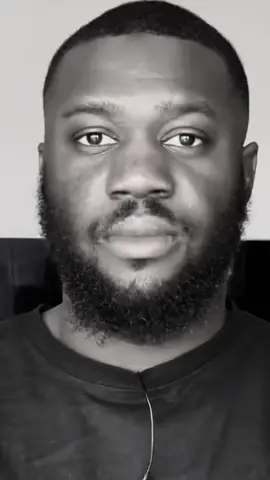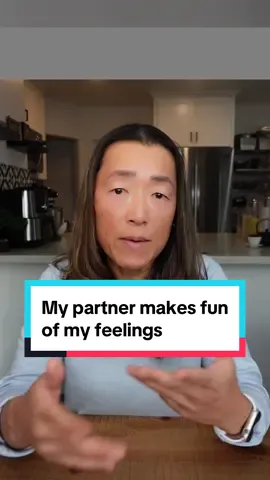Lebogang Ntombela
Region: ZA
Monday 05 April 2021 12:36:27 GMT
115
2
0
0
Music
Download
Comments
There are no more comments for this video.
To see more videos from user @lebogangntombela, please go to the Tikwm
homepage.





